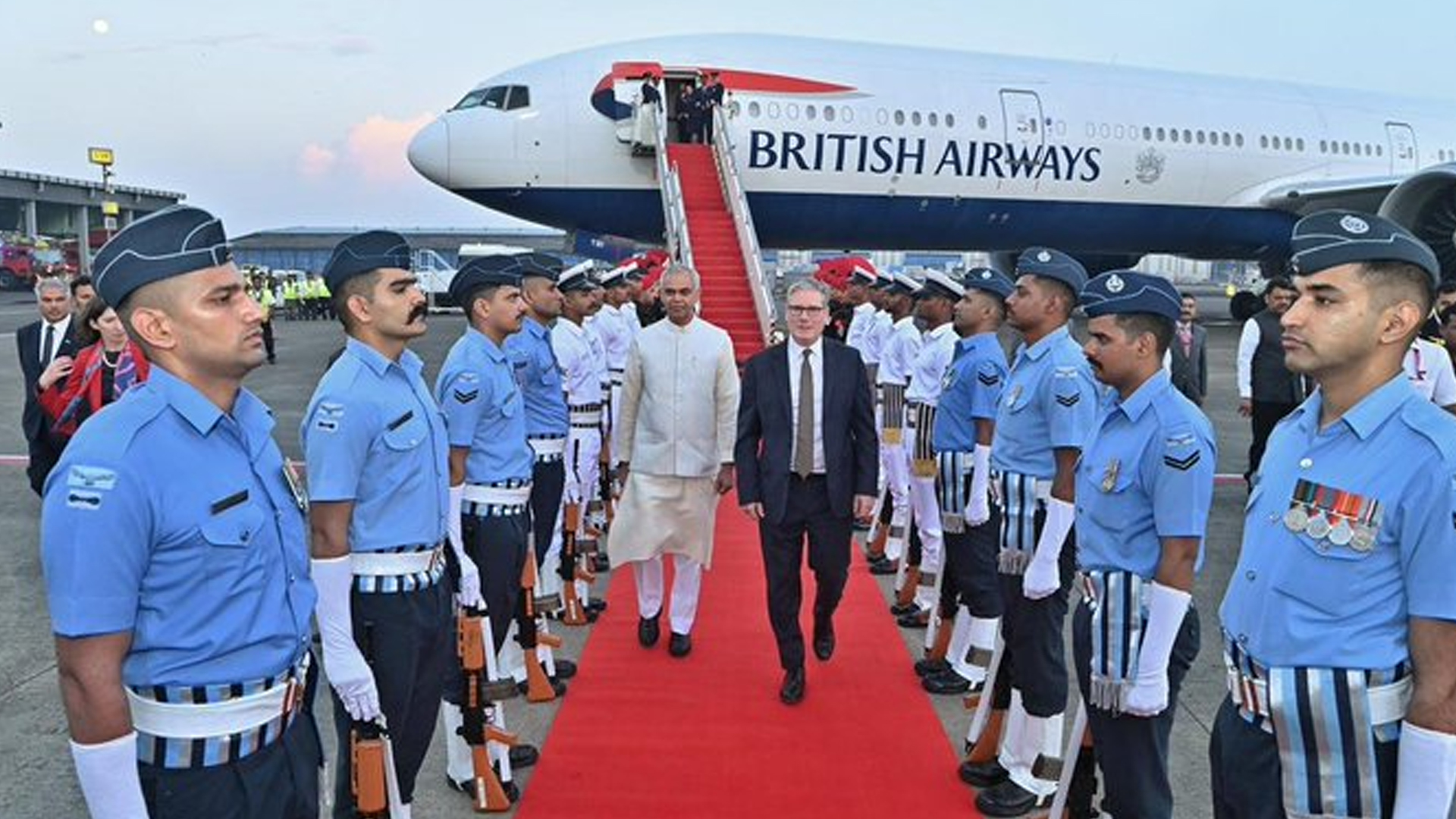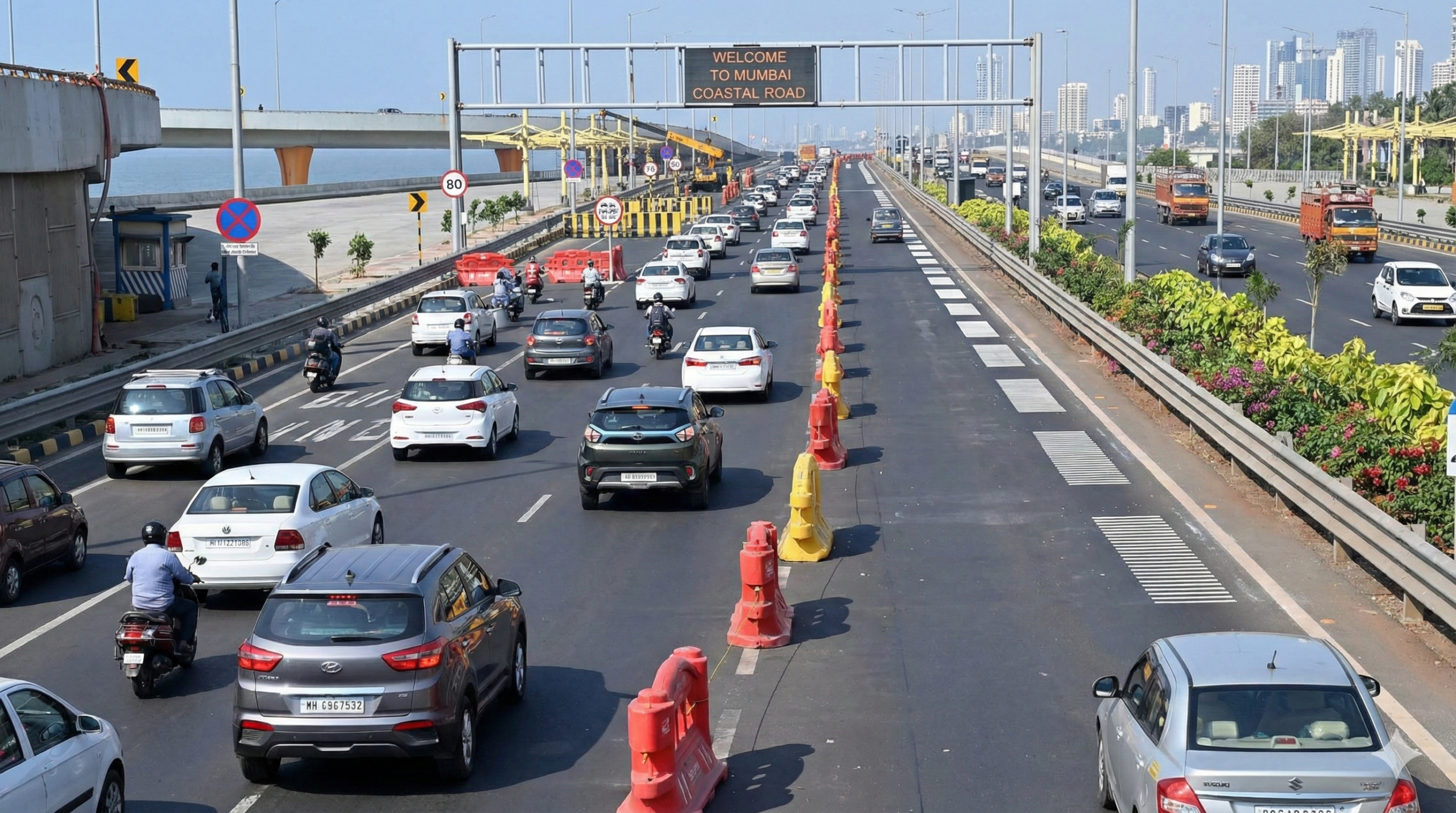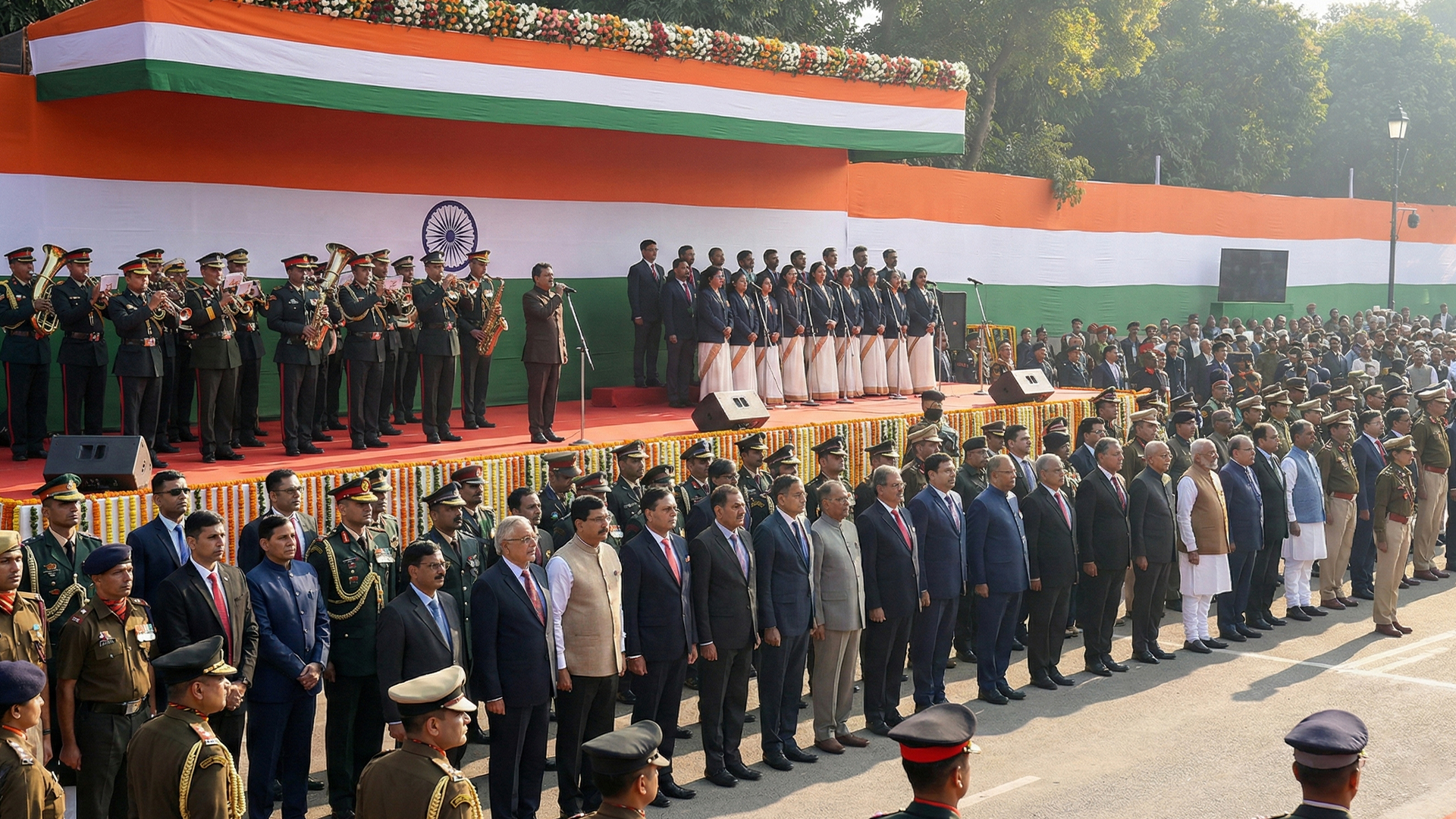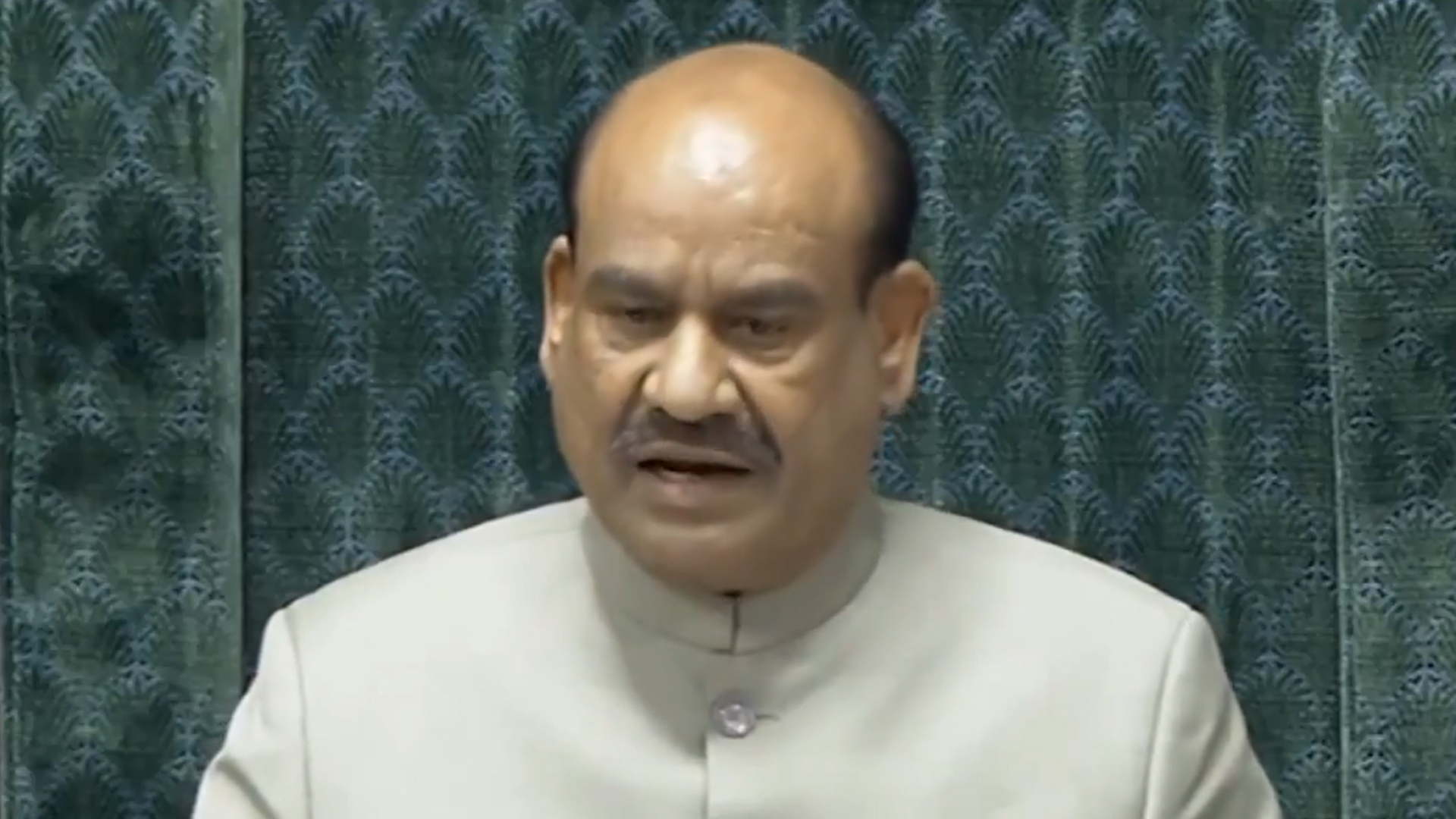British Prime Minister Keir Starmer has embarked on a significant two-day visit to India, marking his first official trip to the country since taking office. The visit aims to deepen bilateral ties with a strong focus on trade, investment, and industrial collaboration, coming just months after the historic India-UK Free Trade Agreement (FTA) was signed this July.
During his stay, Starmer is meeting with Indian government leaders, business executives, and trade organisations to explore fresh opportunities for mutual growth. A major highlight is the push to expand UK exports, notably Scotch whisky, which stands to gain from the phased reduction of India’s heavy import tariffs under the new FTA. These tariffs, currently at 150%, will gradually fall to 75% and eventually 40%, making premium brands like Johnnie Walker and Glenfiddich more competitive. Analysts project this could boost Scotch whisky sales in India by over £1 billion and support around 1,000 new jobs back in the UK.
Beyond spirits, the agreement touches sectors such as professional services, renewable energy, pharmaceuticals, and technology, aiming to raise bilateral trade to £25.5 billion by 2040. Starmer’s visit underscores the UK’s ambition to strengthen relations with India, a rapidly growing economy expected to become the world’s third largest by 2028. His engagement reflects a broader post-Brexit strategy to bolster ties with key global partners, securing economic opportunities and fostering closer collaboration.
The two leaders, Starmer and Prime Minister Narendra Modi, are also set to discuss further cooperation across technology, defence, climate initiatives, and people-to-people ties, building on the momentum generated by Modi’s visit to the UK earlier this year. Starmer’s delegation includes representatives from major British companies, signalling a strong commercial push during his Mumbai visit alongside participation in the Global Fintech Fest 2025.
This visit is seen as a major step in consolidating the growing India-UK partnership, setting the stage for deeper economic integration and shared prosperity in the years ahead.
Also Read: India’s UPI Leaps Ahead with Biometric and Voice Commands






